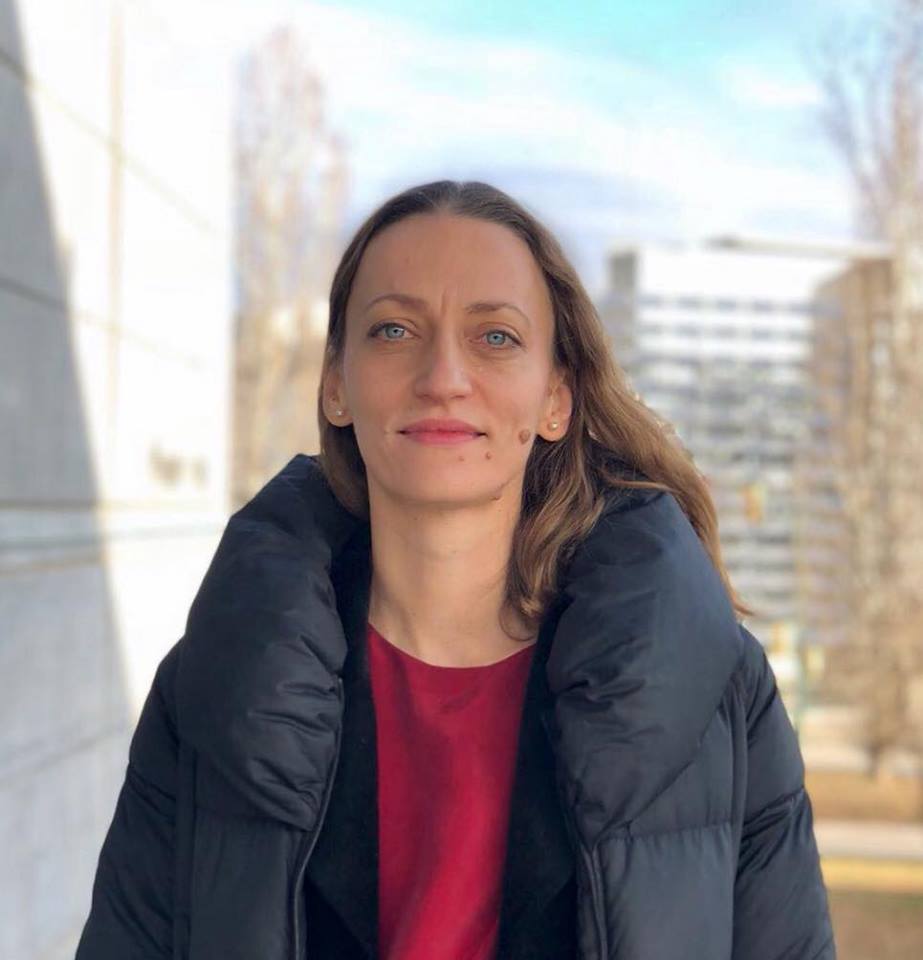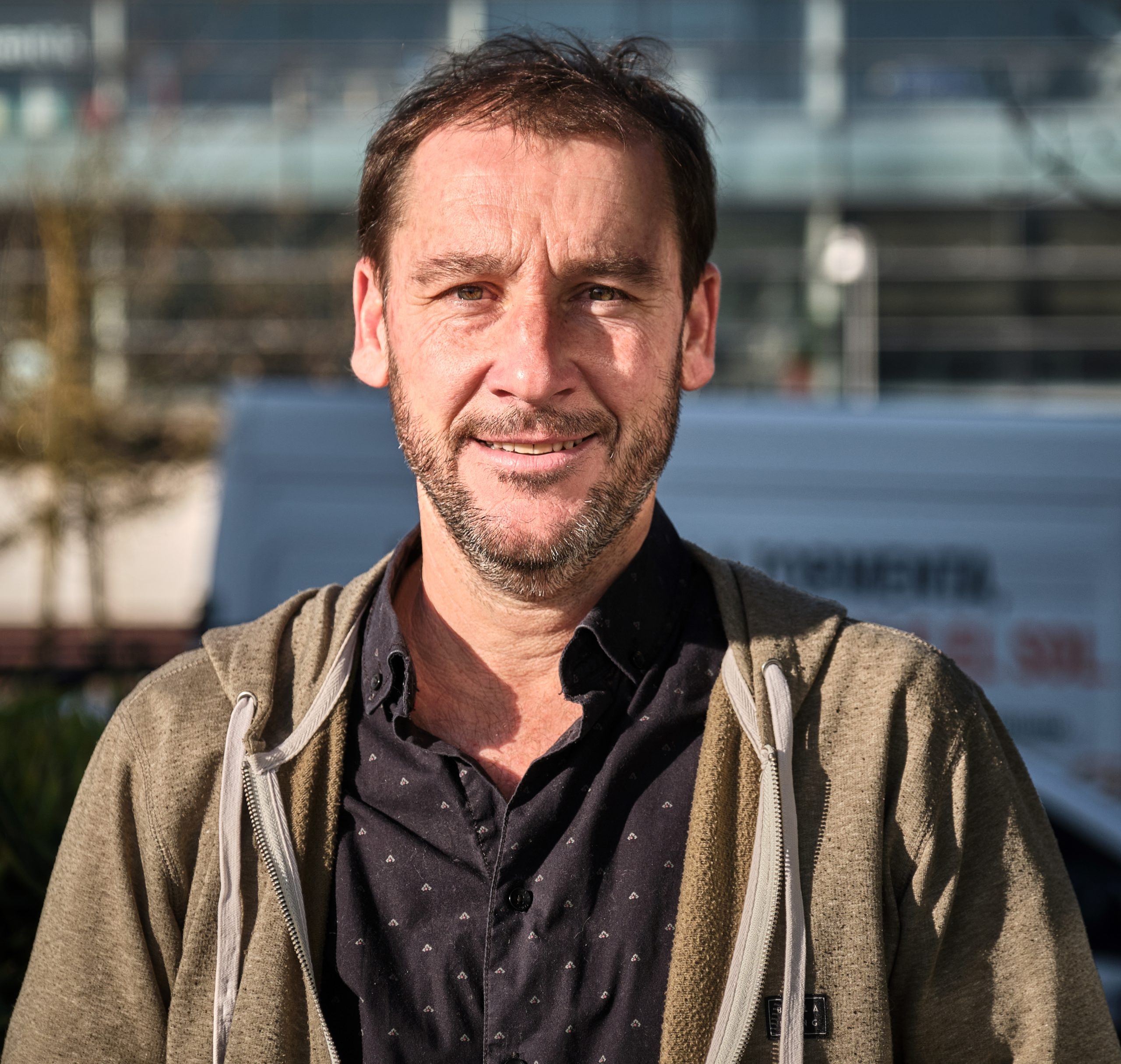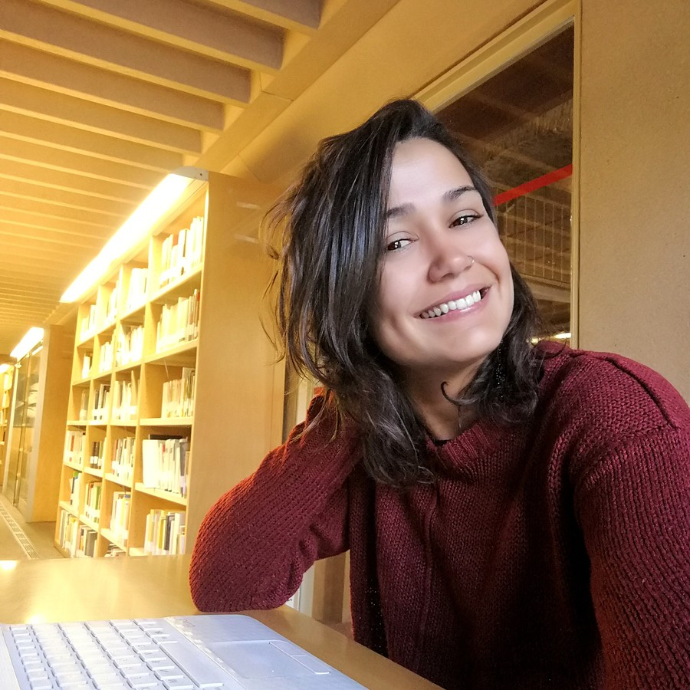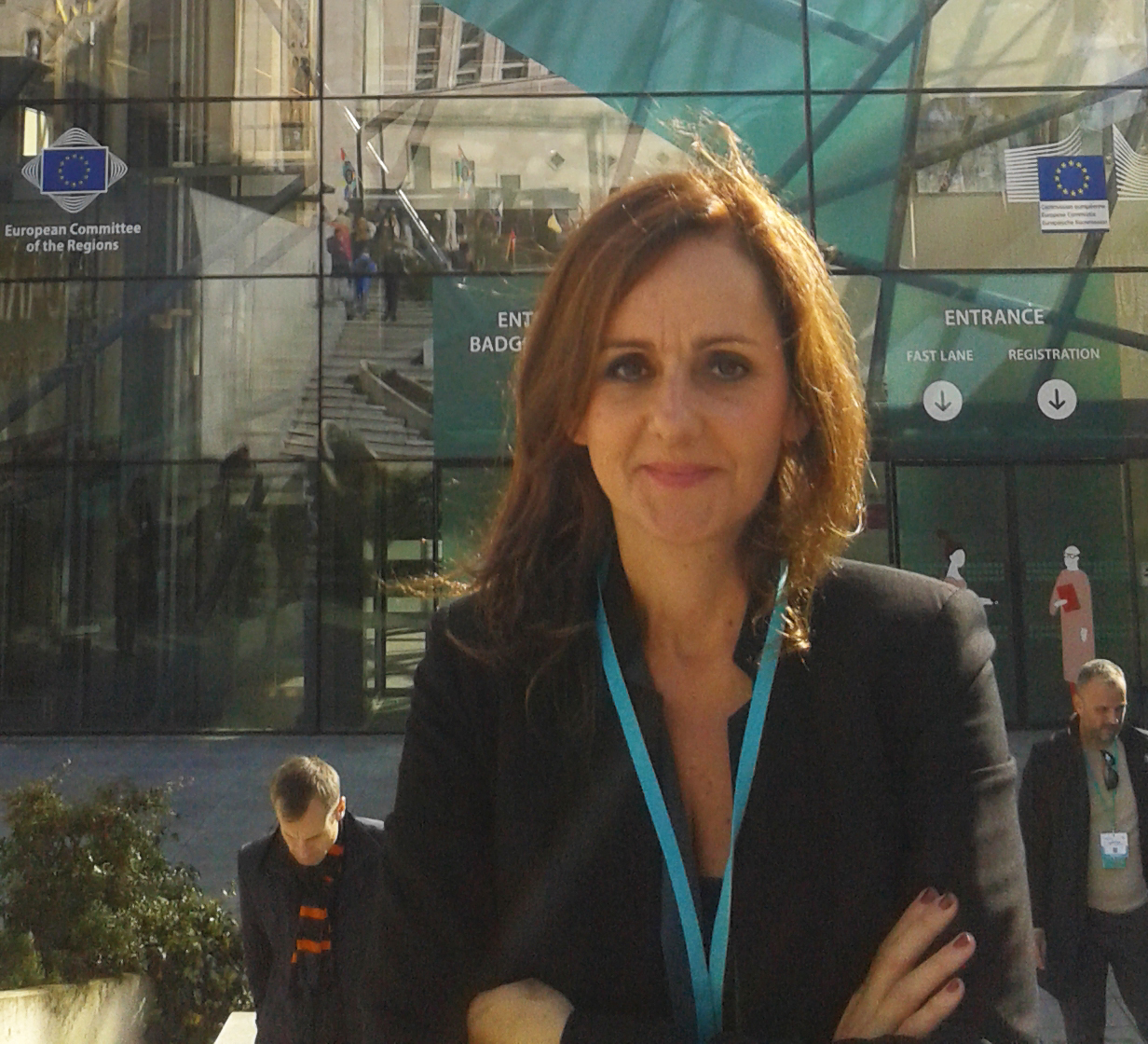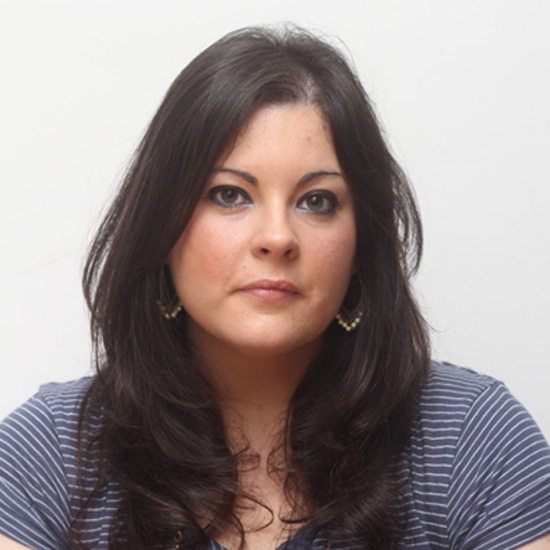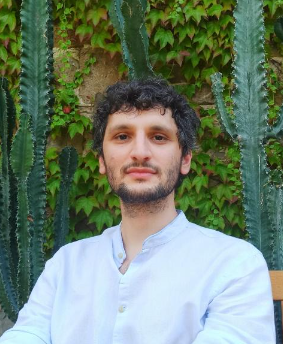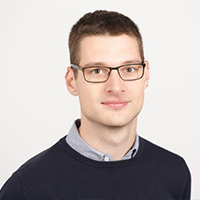
What you will learn
About This Course
A circular city is a city that uses its resources (food, water, energy, materials, land) several times, in cycles or cascades, turning the city into a productive urban space in order to minimise resource imports and at the same time waste production. A circular city manages to do so, by creating regenerative green urban spaces, sustainable buildings and prospering communities.
This course provides knowledge on how to create such cities by using nature-based solutions (nbs). It comprises knowledge on resources flows and management of these flows in cities, appropriate nature- based solutions for managing resources, implementation aspects and number of worked examples to help understanding this complex domain.
Objective
By the end of the course participants will gain knowledge on how to implement NBS for creating sustainable cities, i.e. cities with circular management of resources.
As this is a highly interdisciplinary task, the course aims to provide a learning experience that overcomes disciplinary gaps and leads participants to a new level of understanding circularity aspects of resources management in cities with NBS.
Participants
Who should take this course
- People involved in urban design and planning: municipal departments of water, traffic, planning of green infrastructure, water utilities, consulting companies, urban gardeners;
- Future professionals: students of urban planning, landscape architecture, architecture, geography, environmental, sanitary and civil engineering, environmental sociology, agronomy.
- Everyone who is interested in NBS for sustainable management of resources in cities.
Approach
The course is self-paced, however complementary and voluntary life events will be organised at specific dates, one to introduce the course, one after six weeks to have a joint discussion of the first two modules and one after three months to have a final session which will allow to share ideas and have feedback.
The course is organised in four modules. They will consist of short video presentations, reading and a final quiz at the end of each module. There will also be recommended literature, videos and webpages for the participants to see more details about specific topics of the course.
MODULE
1
Resources flows and management in cities
Module 1 will present the flows of resources (water, nutrients, organic matter, energy, materials, land) in a city and the basic approaches and features of their potential management, i.e. linear vs circular approach.
MODULE
2
Presenting nature-based solutions for a circular urban metabolism
This module deals with terminology and categorisation of NBS. Seven categories of NBS appropriate for solving urban circularity challenges will be presented in detail.
MODULE
3
Design requirements for NBS
This module will present the basic requirements and design rationale for designing and implementing NBS for circular management of resources in cities.
MODULE
4
Implementation of Nature-Based Solutions
This module will focus on helping the learner to enable the implementation of nature-based solutions (NBS) for circular cities. With the overall aim of helping solve societal challenges. i.e. to help fight climate change, biodiversity loss and enhance human and ecological well-being and health in cities and encourage the work towards a greener and more resilient world. Further on with the knowledge from the previous 3 modules to solve well-structured real examples.
This module will present the basic requirements and design rationale for designing and implementing NBS for circular management of resources in cities.
Contributors
Cristina Calheiros is the Research Scientist at CIIMAR-University of Porto (UP), Portugal, Adjunct Professor at University of Saint Joseph, SAR Macao-China and Invited Professor at Faculty of Sciences-UP. She is an Environmental Engineer with a PhD in Biotechnology.
Dr. Lucia Alexandra Popartan is a researcher at LEQUIA (University of Girona), one of the top environmental science and technology groups in Spain. She is an interdisciplinary researcher with a background in Political Science and a PhD in Water Science and Technology, specializing in environmental justice.
Darja Istenič is an assistant professor at the Faculty of Civil and Geodetic Engineering and Faculty of Health Sciences, University of Ljubljana, Slovenia. She is a biologist with an expertise in research and development of nature-based solutions for (waste)water treatment and recovery of water and nutrients.
Ignasi Rodriguez-Roda is a full Professor at the Chemical Engineering Department of the University of Girona (UdG) since 2010. He is currently a senior researcher at the LEQUiA-UdG research group and for more than 10 years he was the Head of the Area of Technologies and Evaluation at the Catalan Institute for Water Research.
Joana Castellar is an agricultural Engineer graduated from the Federal University of São Carlos (Brazil). During her PhD, she developed an innovative design concept called “WETWALL,” which combines circular economy principles into the design of Nature-Based Solutions (NBS) for urban wastewater treatment bringing a novel combination of green wall structures with constructed wetland features.
Maria Beatrice Andreucci is an architect, economist. PhD in Environmental Technological Design. Research Professor at the Department of Planning, Design, Technology of Architecture, Sapienza University of Rome. She is a member of the Extended Core Group and of the Working Group 1 ´Built Environment´ of the COST Action CA17133 Circular City.
Maria Carmen Garcia Mateo is a Senior Sustainability Strategist Adviser R&I, Senior Architect and Planner. Currently, she is a partner and PI in the Horizon 2020, GOGREEN ROUTES project; Visionary and integrated solutions to improve well-being and health in cities and member of the E. Core Team member of the COST Action 17133. She is a member of the European Commission on Nature-Based Solutions Task Force 6 and Task Force 2.
Nataša Atanasova is Associate Professor at the Faculty of Civil and Geodetic Engineering, University of Ljubljana (UL FGG) and Head of the Department of Environmental Civil Engineering. Her interests include environmental modelling of aquatic ecosystems, (waste)water treatment and management, development of reuse-oriented water systems and design and implementation of nature-based solutions for circular cities. She is a co-chair of the COST Action Circular Cities.
Dr. Rocío Pineda-Martos is an Assistant Professor of Agricultural Engineering and Environmental Science and part of the NatUrIB research group on Urban Greening and Biosystems Engineering at the School of Agricultural Engineering (ETSIA), University of Seville (US), Spain. She is an active participant of the Working Group (WG) 4 - Urban Farming of the COST Action CA17133 Circular City: Implementing nature-based solutions for creating a resourceful circular city, and member of its extended Core Team (eCT).
Anacleto Rizzois is an in-house consultant and partner in Research, Development, Dissemination and Design for Iridra Srl. He is author of 25 papers published on international peer review top-ranked journals and 12 book chapters as well as Editor of “Wetland Technology: Practical Information on Design and Application of Treatment Wetlands” (2019, IWA Publishing) and “Nature-Based Solutions for Wastewater Treatment” (2021, IWA Publishing).
Dr. Matej Radinja is a researcher at the University of Ljubljana, Faculty of Civil and Geodetic Engineering. In his research, he is focusing on the adaptation of artificial intelligence into the field of urban drainage modelling, with the overall goal of making our cities greener and more resilient to climate change impacts, by implementing NBS.
![]() Language: English.
Language: English.
![]() Structure: 4 modules.
Structure: 4 modules.
![]() Level: Introductory.
Level: Introductory.
![]() Content: readings, videos, forums.
Content: readings, videos, forums.
![]() Time: 15 hours.
Time: 15 hours.
![]() Total time dedication: 5 weeks.
Total time dedication: 5 weeks.
![]() Institutions: COST, BOKU, UdG, ICRA, UL, MCG R&I, IRIDRA, University of Seville (US), CIIMAR, Sapienza University of Rome
Institutions: COST, BOKU, UdG, ICRA, UL, MCG R&I, IRIDRA, University of Seville (US), CIIMAR, Sapienza University of Rome
![]() Certification: upon approval of quizzes at the end of each module.
Certification: upon approval of quizzes at the end of each module.


